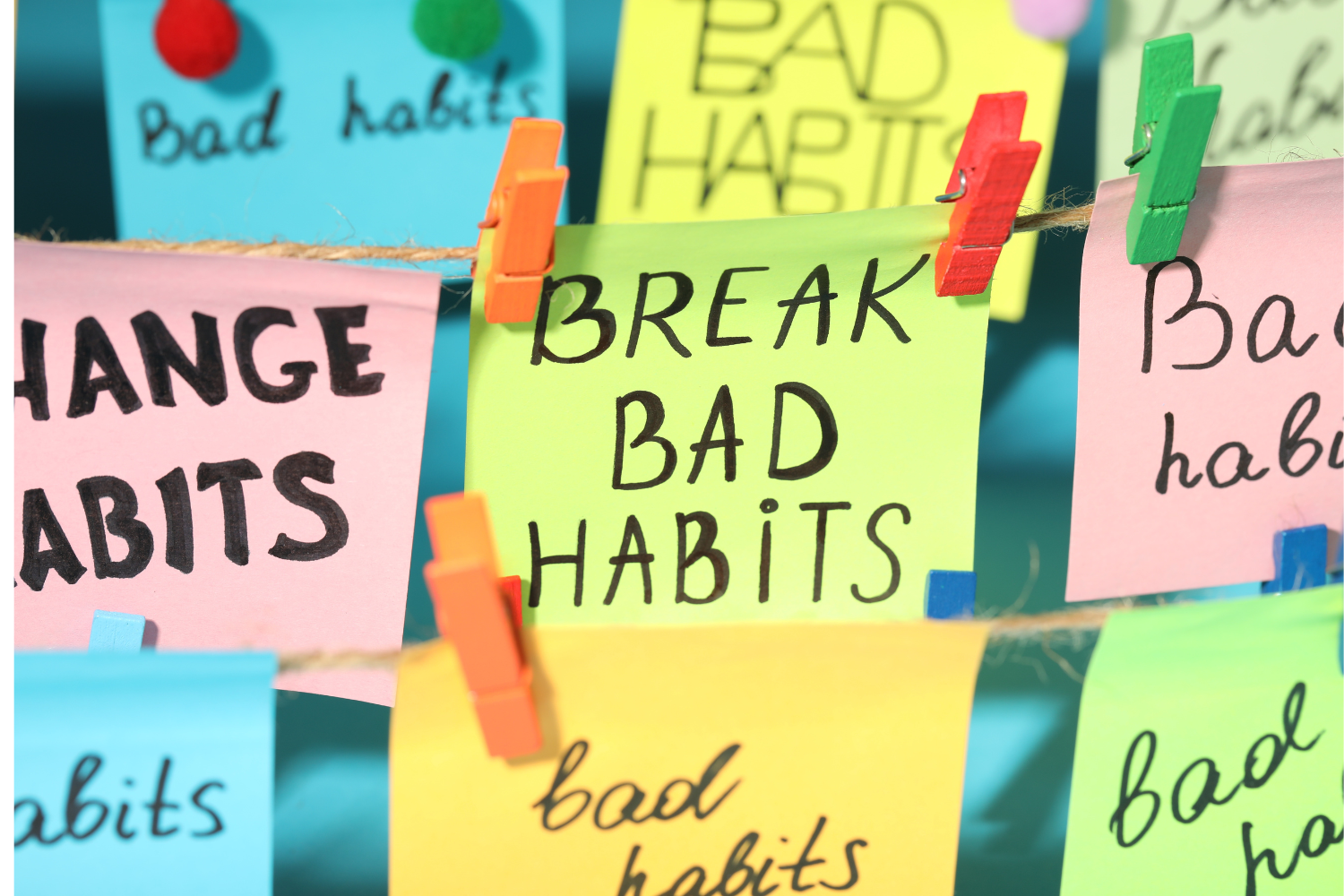A Dishonest Trend
Ninety-seven percent of schoolchildren cheat to pass exams, according to statistics gathered by Vickie Abeles, who produced the documentary, Race to Nowhere.
“I’m not upset that you lied to me, I’m upset that from now on I can’t believe you.”
When my son was an undergrad, he took a statistics exam online—during the Covid days—only to receive an email from the teacher the following day, announcing that some of the students had cheated on the exam.
Juxtapose this to pre-1950s when students were on the honor system and cheating was relatively unheard of.
When the lines between honesty and dishonesty become so blurred that cheating on exams becomes common, we have a problem.
When a grown child finishes school, if he’s learned to cheat in school, he suddenly won’t become someone who never cheats; that’s not how it works.
These children have learned to engage in dishonest behavior, because they were raised in a system that doesn't uphold the values of honesty. Now, if you are younger, the level of dishonesty might not be as obvious to you, but as someone who grew up in relatively honest times, I find it glaring.
And as someone who has lived in countries where cheating is common, I can also tell you that people lose the ability to discern truth from lies. They will cheat you and justify it, because they have lost the ability to discern a “white” lie from a lie.
It’s a fine line but I would say that a white lie is something you might tell someone in order not to hurt their feelings, but a lie is something you might tell someone to deceive them for your benefit.
It’s not as easy to raise a children in the post-modern climate—but there are strategies you can implement to ensure they grow up knowing the difference between right and wrong.
Role Models
Good role models in a child’s life are essential. If the parents treat each other courteously, if they are respectful to their family and friends, if they are honest and helpful with others, their children are more likely to follow suit.
“Always do what is right. It will gratify half of mankind and astound the other.”
As far as honesty goes, this means we don’t skip paying for an item if the checker overlooked it, or we try to get a discounted price to a national park by lying about one of our children’s ages, or we tell someone we won’t be home when we will be home.
These are untruths that our children will take notice of and do as we do. We can’t model dishonesty and then fault our children when they aren’t honest with us.
2. Discipline
There is also a training through discipline that has to occur, too, as no child is born perfect no matter how good his or her parents may be.
“Good wombs have borne bad sons.”
You have a higher chance of having your children grow up to be civil people if you understand how to train them in the ways of good character.
3. Public School
Public school can undo your hard work, though, because rudeness and crudeness are now more common, and teachers have little to no authority when it comes to correcting a child's behavior.
Children sent to school for eight hours a day, where the teachers are not allowed to discipline them, are at an obvious disadvantage for developing healthy character traits.
On the contrary, children who spend their days in a homeschooled environment have a much greater advantage than schoolchildren. Guiding children in the ways of correct behavior is something any discerning homeschool parent can easily do.
Spare the rod, spoil the child, was an old adage that adults used to repeat before the 1960's cultural revolution when the time-tested principles of raising children were abandoned.
4. Modern Inconveniences
Today, we can add to the problem the modern inconvenience of vulgar films, ribald music; silly, literature; violent video games, rude social media behavior, and stupid television programs.
The environment a child grows up in will help to shape his character, which means that we want to be diligent with the kind of multimedia we expose our children to.
In a Nutshell
A child who grows up with the ability to discern truth from falsehood, beauty from ugliness, and good from bad is a child who was guided well in his youth.
Don’t miss our free download, Ten Books Every Well-Educated Child Should Read.
Teach your child to read before sending him to school! Learn more about Elizabeth's unique course, How to Teach Your Child to Read and Raise a Child Who Loves to Read.
For parents of children under age seven who would like to prepare their child for social and academic success, please begin with Elizabeth’s singular online course, Raise Your Child to Thrive in Life and Excel in Learning.
When you join the Smart Homeschooler Academy online course for parents, Elizabeth will make homeschooling manageable for you. She’ll guide you in helping your kids reach their intellectual potential and developing good character.
As a homeschooler, you will feel confident, calm, and motivated knowing you have the tools and support you need to homeschool successfully.
Elizabeth Y. Hanson is a homeschooling thought-leader and the founder of Smart Homeschooler.
As an Educator, Homeschool Emerita, Writer, and Love and Leadership Certified Parenting Coach, Elizabeth has 21+ years of experience working in education.
Developing a comprehensive understanding of how to raise and educate a child, she devotes her time to helping parents get it right.
Elizabeth is available for one-on-one consultations as needed.
"I know Elizabeth Y. Hanson as a remarkably intelligent, highly sensitive woman with a moral nature and deep insight into differences between schooling and education. Elizabeth's mastery of current educational difficulties is a testimony to her comprehensive understanding of the competing worlds of schooling and education. She has a good heart and a good head. What more can I say?”
—John Taylor Gatto Distinguished educator, public speaker, and best-selling author of Dumbing Us Down: The Hidden Curriculum of Compulsory Schooling
























